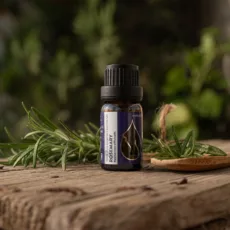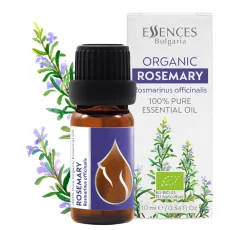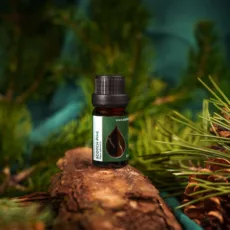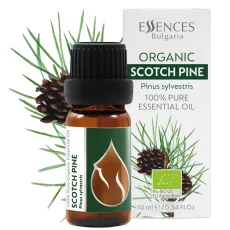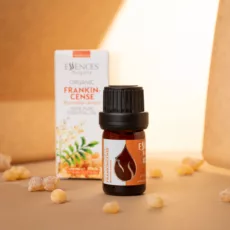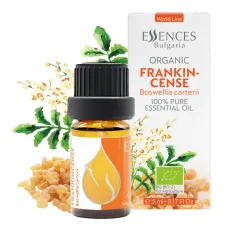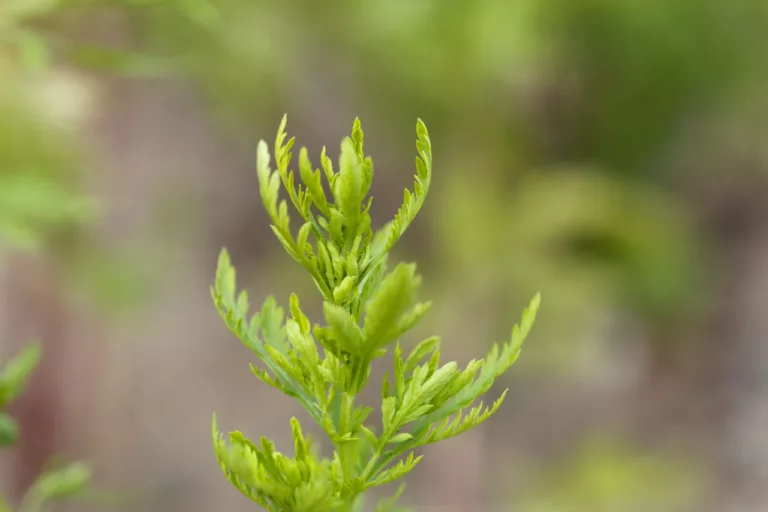Rosemary
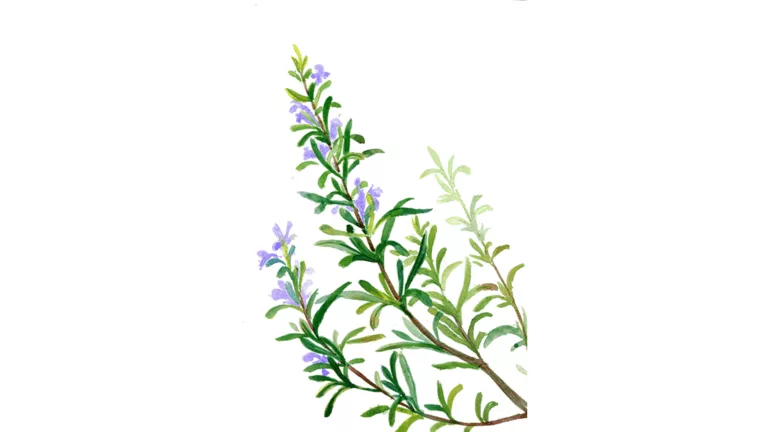
Rosemary (Rosmarinus officinalis) is an aromatic evergreen shrub with needle-like leaves reminiscent of pine. It blooms with many small violet, blue, or white flowers. When the leaves of rosemary are rubbed, they release a strong, slightly sweet camphor scent, recalling the smell of pine.
The generic name Rosmarinus derives from the Latin words ros and marinus, meaning “dew of the sea,” due to the sea-blue color in which rosemary blooms and the fact that wild rosemary often grows near Mediterranean coasts. According to a legend from ancient Greek mythology, when Aphrodite rose from the sea she was wrapped in sprigs of rosemary—adding further mystique to the herb’s name.
In Greek, the herb’s name means “the incense of flowers and trees.” It is one of the oldest aromas used as incense. Rosemary holds a special place in ancient Greek religion, being widely used to consecrate and adorn altars, temples, and sacred sites. The ancient Greeks, Egyptians, and Romans revered rosemary as a sacred symbol of love. They used the herb to improve memory and concentration and to ward off evil forces and nightmares. It is said that in ancient Greece students tucked rosemary sprigs into their hair while studying for exams. Researchers link the plant’s aroma with enhanced long-term memory. The most famous literary echo is in Hamlet, when Ophelia says: “There’s rosemary, that’s for remembrance—pray you, love, remember.”
As early as the 14th century, the tonic, analgesic, and antiseptic properties of rosemary oil were known, making it the chief ingredient of one of Europe’s first alcohol-based perfumes—“the Queen of Hungary’s Water.” Vigorous and full of energy into advanced old age, Queen Elizabeth attributed this to the famed “water,” made chiefly from distilled rosemary.
Christians in Northern Europe believed the herb preserves memories and often placed it in graves or used it to symbolize lovers’ fidelity. In France during plague outbreaks, rosemary wine was made and sprigs were left at doorways as protection against the deadly disease. Elders say rosemary grows for 33 years to reach the age of Christ at His crucifixion.
Centuries before the invention of refrigeration, rosemary was used to preserve meats and other foods. Thanks to its strong antioxidant action, people wrapped meat in crushed rosemary leaves; its freshness was maintained and the smell and taste remained pleasant. Rosemary has been extensively used in magical spells and formulas since antiquity, but it is best known for its purifying and protective properties. It is used in rituals for cleansing and for breaking enchantments.
In shamanism, rosemary’s magical properties were employed during the energetic body’s astral journeys in the “afterlife.” Rosemary enhanced the shaman’s ability to reach a state of meditation or trance in which the astral separates from the physical body.
Today, modern science shows that rosemary can improve poor digestion, relieve muscle and joint pain when applied topically, and neutralize foodborne pathogens. The herb’s “magic” also appears in its ability to act on mood like an energizing May rain, filling heart and mind with a desire for life and knowledge.
